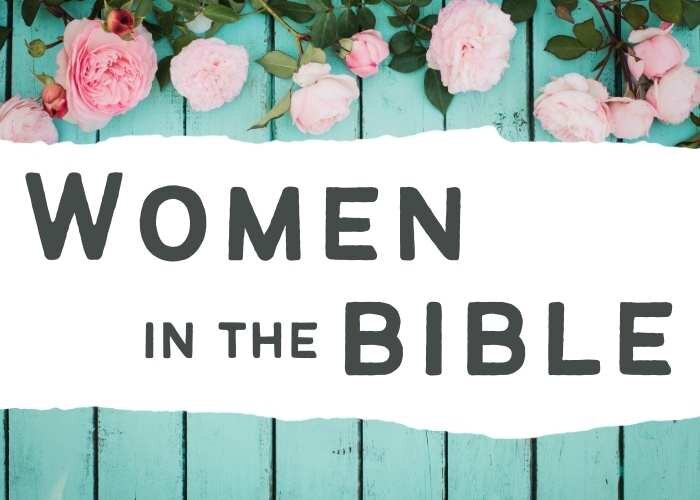10.4 Lectura: “¿Qué podemos aprender de cómo Ana responde a sus desafíos?” | “What can we learn from how Hannah responds to her challenges?”
10.4 Lectura: “¿Qué podemos aprender de cómo Ana responde a sus desafíos?”
Desde el principio, Ana pone a Dios en el centro de su vida. Ella cree que Dios tiene el control de su vida: es Dios quien cerró su vientre y es Dios quien tiene el poder de sanarla. La infertilidad crea un profundo dolor para Ana y ella lleva su dolor al SEÑOR en oración. Incluso en su sufrimiento, Ana es amable, no muestra venganza hacia Penina y responde a la reprimenda de Elí con respeto.
La humildad en la oración de Ana a Dios es profundamente conmovedora. Aunque el SEÑOR le ha causado dolor, ella se rinde a la voluntad de Dios y jura devolver a Dios su mayor deseo. Su gran fe en la capacidad de Dios para responder a su oración se demuestra cuando abandona a Elí: su rostro ya no está deprimido, incluso antes de que tenga alguna señal de que Dios le dará un hijo.
Hay quizás un segundo dolor en esta historia. Es el momento en que Ana debe dejar a su hijo con Elí. Sin embargo, Ana cumple su promesa a Dios en fiel obediencia.
Todos soportamos tiempos de angustia. ¿Dejamos que nuestra angustia nos lleve a Dios? ¿Llevamos nuestro dolor a Dios en oración? ¿Aceptamos humildemente que Dios tiene el control aun cuando estamos sufriendo? ¿Encontramos la manera de confiar en Dios el resultado?
La ira y la duda son respuestas naturales; fe inquebrantable es una respuesta mucho más difícil. ¿Cómo podemos mantener nuestra fe y compromiso con Dios en épocas de gran dolor y dificultad?
10.4 Reading: “What can we learn from how Hannah responds to her challenges?”
From the onset, Hannah puts God at the center of her life. She believes that God is in control of her life—it is God who closed her womb, and God has the power to heal her. Infertility creates deep heartache for Hannah, and she brings her pain to the LORD in prayer. Even in her suffering, Hannah is gracious—showing no vindictiveness to Peninnah and responding to Eli’s rebuke with respect.
The humility in Hannah’s prayer to God is profoundly moving. Though the LORD has caused her pain, she surrenders to God’s will and vows to give back to God her greatest desire. Her great faith in God’s ability to answer her prayer is demonstrated when she leaves Eli—her face is no longer depressed, even before she has any sign that God will give her a child.
There is perhaps a second heartache in this story. It is the moment Hannah must leave her son with Eli. Yet, Hannah fulfills her promise to God in faithful obedience.
We all endure times of anguish. Do we let our heartache drive us to God? Do we bring our sorrow to God in prayer? Do we humbly accept that God is in control even when we are suffering? Can we find a way to trust God with the outcome?
Anger and doubt are natural responses; unwavering faith is a much harder response. How can we maintain our faith and commitment to God in seasons of great pain and difficulty?
Bienvenido a esta serie de videos de Intrerpretación Bíblica, los cuales son puestos a su disposición por Marina Hofman en colaboración con la Alianza Cristiana y Misionera de Colombia (traducción por María Angélica Santisteban). El uso de éste material de manera personal y en grupos pequeños es gratuito. Para publicar cualquier parte de este material, obtenga permiso por escrito contactando a Marina a través de la página connect. Acceda a todos los contenidos en womeninthebible.info/bibinterp.
Welcome to this Bible Interpretation video series made available by Marina Hofman in partnership with the Christian and Missionary Alliance of Colombia (translation by María Angélica Santisteban). Personal and small group use is free. To publish any of this material, obtain written permission by contacting Marina through the connect page. Access all content at womeninthebible.info/bibinterp.

